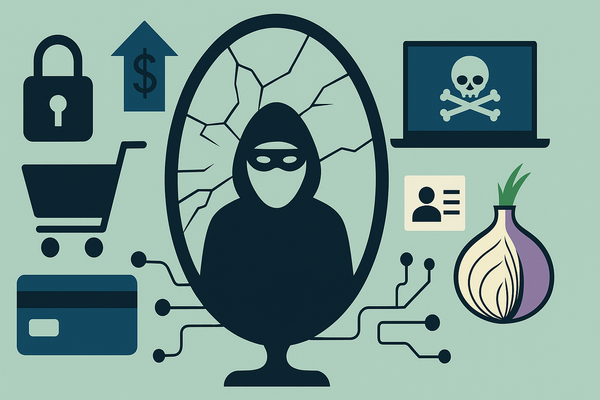Remote Work Increases Ransomware Attacks on K-12 Schools and Districts, FBI Warns

Earlier this week, the FBI released a security alert warning K-12 schools about the increased risk of ransomware attacks during the coronavirus crisis. Since the transition to online learning and remote work for teachers, K-12 schools have become a lucrative target for cyber criminals.
The notification highlights the fact that bad actors may leverage the increased use in Remote Desktop Protocol (RDP) accounts of internal school systems to deploy malicious file-encrypting software that could cripple school districts.
K-12 schools lack dedicated budgets for a professional team to handle endpoint security and remote access infrastructure, and these shortcomings only increase the risks for targeted attacks against school districts.
“Cyber actors are likely to increase targeting of K-12 schools during the COVID-19 pandemic because they represent an opportunistic target as more of these institutions transition to distance learning,” reads the Private Industry Notification. “K-12 institutions have limited resources to dedicate to network defense, leaving them vulnerable to cyber attacks.”
While most ransomware attacks may start through a phishing email, cybercriminals have increasingly exploited vulnerabilities in open RDP instances to spread malware over the past years. Most notably, the FBI warns about Ryuk ransomware attacks, a type of malware known to exploit RDP endpoints as its initial point of entry.
Since 2016, more than 860 security incidents relating to K-12 public schools and districts have been reported, including ransomware, DDoS and phishing attacks. In 2019 alone, the unauthorized use of K-12 school IT systems resulted in 348 publicly disclosed incidents from more than 330 educational agencies across the United States.
Multiple school closures, monetary loss, identity theft, tax fraud, and altered school records accompanied these cyber-related incidents.
The Private Industry Notification comes with a list of recommendations, including:
• Dedicated training and awareness programs for all staff members regarding potential threats and phishing emails
• Implementing two-factor authentication for accounts
• Creating backup systems for critical data
• Installing an advanced security solution on endpoints
• Keeping operating systems and software updated
tags
Author
Alina is a history buff passionate about cybersecurity and anything sci-fi, advocating Bitdefender technologies and solutions. She spends most of her time between her two feline friends and traveling.
View all postsRight now Top posts
How Do You Manage Your Passwords? We Ask Netizens
December 18, 2025
Cybercriminals Use Fake Leonardo DiCaprio Film Torrent to Spread Agent Tesla Malware
December 11, 2025
FOLLOW US ON SOCIAL MEDIA
You might also like
Bookmarks








